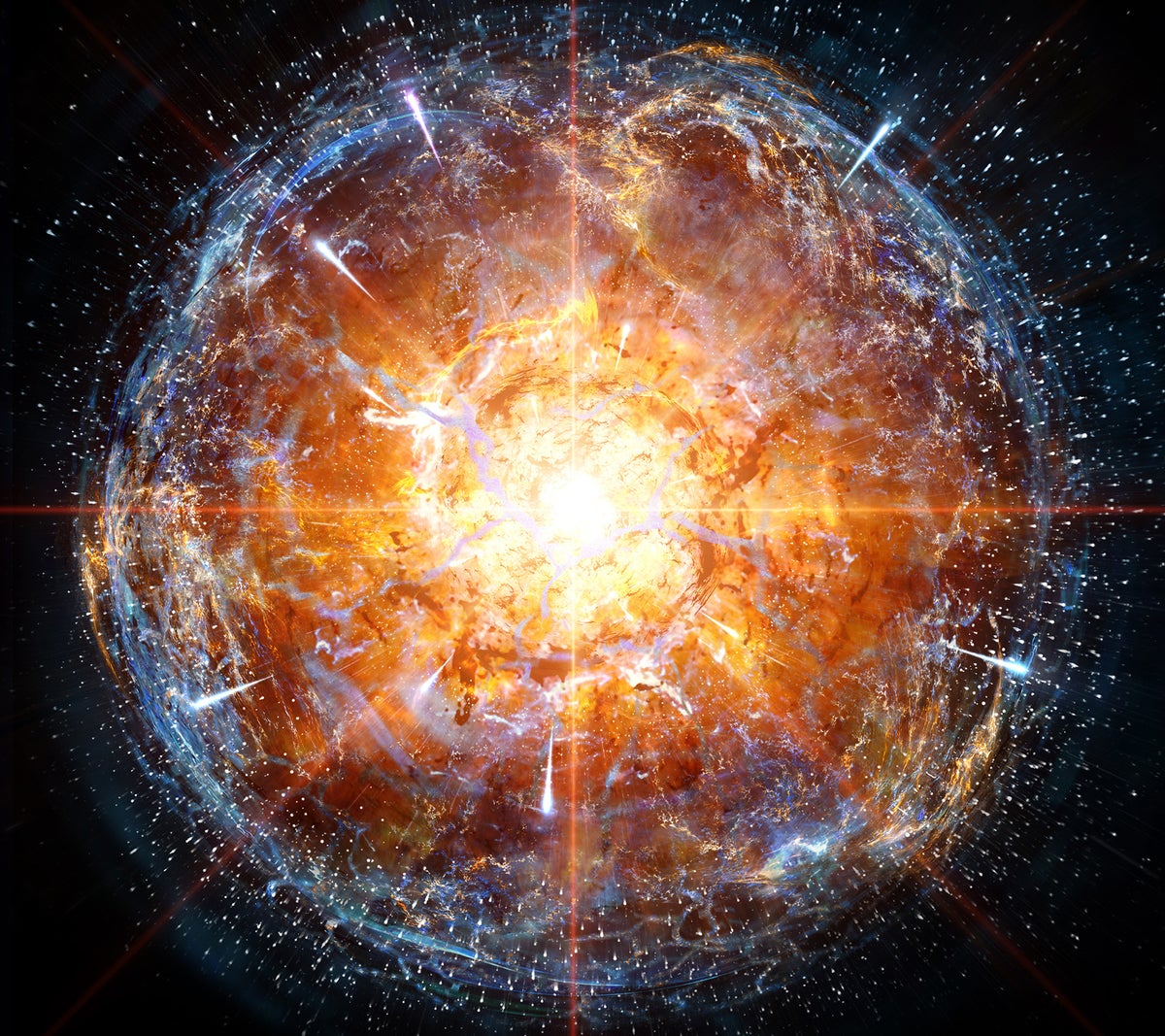#big-bang
#big-bang
[ follow ]
#cosmology #cosmic-microwave-background #cosmic-inflation #universe #early-universe #dark-energy #astrophysics
fromBig Think
3 months ago10 scientific phenomena to be thankful for every day
Every day, we have a choice whether we take our lives, our existence, our freedoms, and our moments for granted, or whether we express appreciation and gratitude for the good things that exist. The biggest unifier that all human beings have in common, that we all exist on the same world and in the same Universe, never gets the due it deserves. Here and now, it's possible for us to exist, and to exist as long as our natural lifespans will allow us.
Philosophy
fromArs Technica
6 months agoHow a mysterious particle could explain the Universe's missing antimatter
According to physicists' best current theories, matter and its counterpart, antimatter, ought to have been created in equal amounts at the time of the Big Bang. But antimatter is vanishingly rare in the universe, raising questions about their behaviors that could explain this discrepancy.
Science
fromBig Think
7 months agoAsk Ethan: Did our Universe really arise from nothing?
The more curious we get about the great cosmic unknowns, the more unanswered questions our investigations of the Universe will reveal. Inquiring about the nature of anything - where it is, where it came from, and how it came to be - will inevitably lead you to the same great mysteries: about the ultimate nature and origin of the Universe and everything in it.
Science
fromFuturism
8 months agoScientists Working to Decode Signal From Earliest Years of Universe
This is a unique opportunity to learn how the universe's first light emerged from the darkness. The transition from a cold, dark universe to one filled with stars is a story we're only beginning to understand.
OMG science
[ Load more ]










